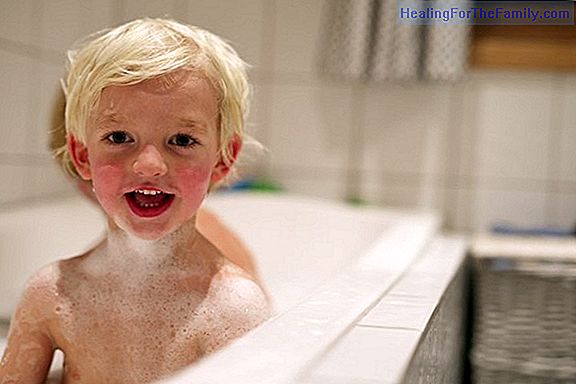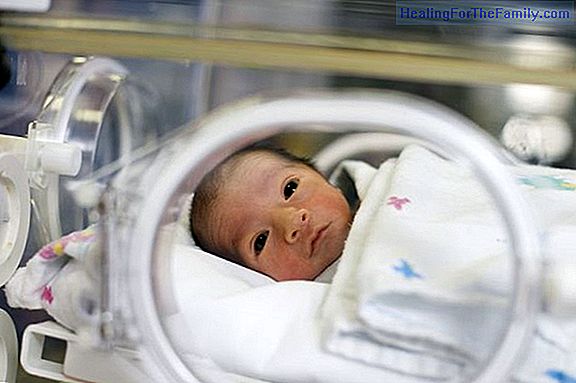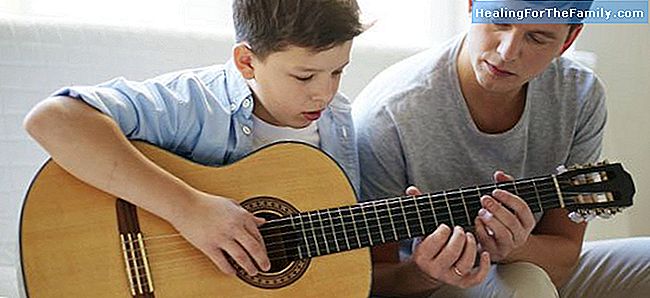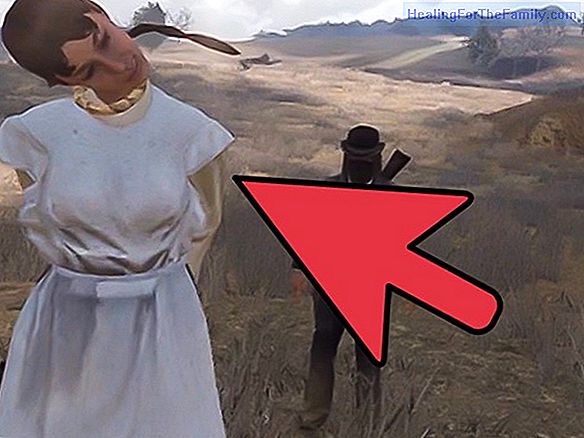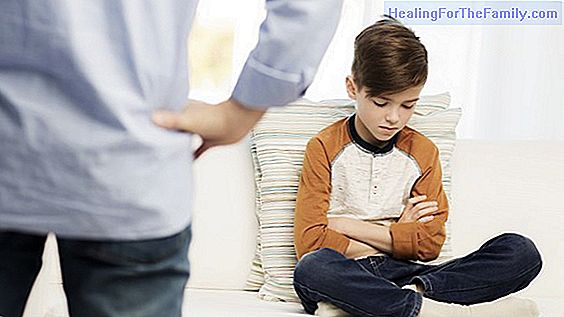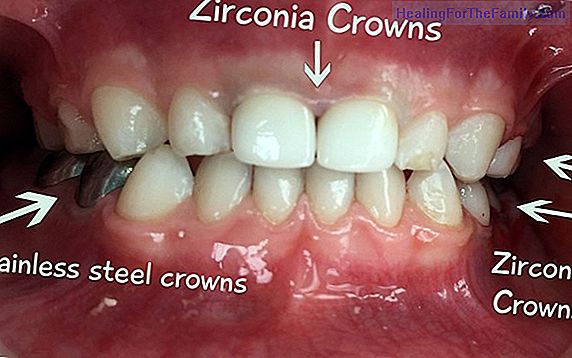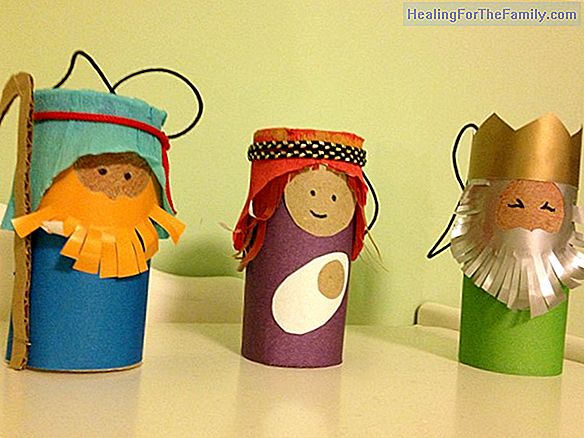Egg donation. What it is and how it is done
Due to the problems and difficulties that some women have in order to achieve the desired pregnancy, ovule donation treatments are increasingly demanded in society. The Doctor Victoria Verdú , gynecology coordinator of the genetically assisted reproduction clinic and fertility expert of the Spanish
Due to the problems and difficulties that some women have in order to achieve the desired pregnancy, ovule donation treatments are increasingly demanded in society.
TheDoctor Victoria Verdú, gynecology coordinator of the genetically assisted reproduction clinic and fertility expert of the Spanish Society of Gynecology and Obstetrics (SEGO), in this exclusive interview with GuiaInfantil.com, answers the parents' doubts about the methods and techniques of assisted reproduction.
What is the egg donation
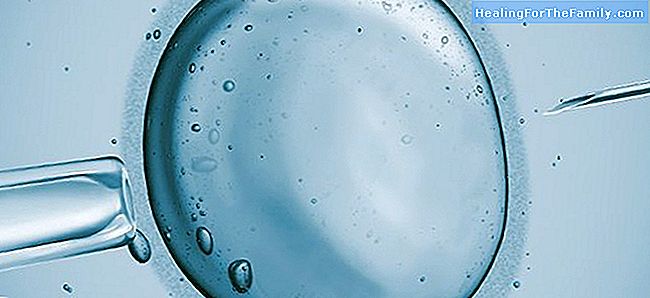
1- What is it that a woman should know before donating her ova?
A woman who decides to make an egg donation must be clear that, in addition to the fact that in Spain there is an economic compensation, she is doing a very important social and emotional work. You should also know that you will have to go to the clinic several times, the first because a very exhaustive study is done in which tests of all kinds are performed, from gynecological review to analysis of hepatitis, rubella or toxoplasmosis.
They are also asked for a genetic and psychological study required by law and, if all these controls are correct, that woman, if she is between 18 and 35 years old, is physically and mentally healthy, she can donate her eggs. It should also be known that the assisted reproduction treatment used is ovarian stimulation, as in any in vitro fertilization cycle.
The protocols used in egg donation are very controlled, they completely reduce the risk of ovarian stimulation, but they require the donor to puncture a subcutaneous medication, usually in the abdomen, for eight or ten days, to have to go at the center to perform several scans every two or three days and to undergo an ovarian puncture to remove the ovules.
This puncture is done with sedation, it is a simple technique but the donor must be fully informed of the whole process and the need to do it as best as possible, for two reasons, the first because otherwise a treatment is carried out properly. It could make you sick, and on the other hand because it is a treatment in which you will produce a donation of gametes to another couple that is also doing a treatment at the same time as her. You must be fully informed of all the steps before deciding to enter a donation process.
2- What women need donated oocytes to be a mother?
Women who are going to be a subsidiary of an egg donation are usually women of advanced maternal age, above 40 or 42 years, in which getting a pregnancy, even with assisted reproduction techniques, is very complicated because they have aged and carry a number of very high chromosomal alterations in their ovules.
On other occasions they are couples that have carried out several cycles of in vitro fertilization, sometimes the oocyte quality is not good and after three or four attempts of in vitro fertilization this technique is recommended as the way to get a pregnancy. Obviously that woman is not going to be the genetic mother of that child, but if she is going to be her husband and she is going to take the child inside. Therefore it is a possibility for couples who have tried several treatments, pregnancy has not been achieved and we try to complete their desire to have offspring.
3- How is the anonymity of the donated egg guaranteed?
The donation of oocytes is legal in Spain since 1988. It is established that the donation of gametes, both of ovules and sperm, is an altruistic and anonymous donation. In this sense, the law makes clear the limits and no couple will ever know their donors or the donor will know the couple to whom he has made the donation.
What is certain is that if a couple has a child and that child requires that the biological mother perform a special test, in the centers of assisted reproduction there is a record of the donations and it would be they who would contact the donor. In the event that special treatment is necessary, they would serve as a link between the couple and the donors. But it is true that the donation in Spain is totally anonymous.


